|
In 2002, PAWV added the Cass Historic District to one of its first ever West Virginia Endangered Properties List. When it was listed in 2002, it had been sitting unused and the West Virginia Department of Natural Resources had just taken ownership. PAWV recently caught up with the Superintendent of the Cass Scenic Railroad State Park to learn about the successes going on within the Cass Historic District, which is incorporated into the State Park. Watch this video to learn about the preservation, restoration, and recreation at the park over the last 20 years. The town of Belington, WV has worked to successfully preserve a major cultural asset: The Golden Rule building, a landmark structure built in 1902 and a reminder of the town’s flourishing commercial past. In 2014, The Golden Rule was identified as an endangered property by the Preservation Alliance of West Virginia due to years of deferred maintenance.
The Belington Revitalization Committee (BRC) identified the restoration of the Golden Rule building as a top priority for the community. It teamed up with Woodlands Development Group to fund stabilization, list the building on the National Register of Historic Places, and gradually rehabilitate it for redevelopment as a mixed-use building. Rehabilitation work began in 2018 after Woodlands Development Group procured the property, and has continued throughout the years. The redevelopment of the former vacant Golden Rule is a major boost to the community of Belington, whose history is intertwined with the building. For nearly 100 years, the building was home to a grocery turned department store. Now, it has gained new life as affordable 1- and 2-bedroom apartments upstairs and will function as a community event space and possible business space on the first floor. A community event was held in the newly opened building on May 22, 2021 to celebrate the successful rehabilitation project. Vendors interested in occupying the retail space should contact 304-823-1531, while apartment rental inquiries should be directed to 304-636-6495.
ROYAL Corporation was founded in 2006 as a mobile action sports ministry providing church services, bible studies and pastoral care for athletes, event attendees, and more. The ROYAL Family has been traveling nationwide since 2005 hosting events and sharing God's love with this generation through culturally relevant platforms. The organization’s goal is to make sure this young generation understands their value in God's eyes and to empower them to live as ROYALTY. The group has already begun the clean up process. If you have driven by the school, you will have noticed some building renovations, trimming of trees, and other activities. According to spokesperson Jindy Davis, “ROYAL is beyond excited to be coming to the area and will be bringing in action sports programs to communicate to this young generation their value in God's eyes.” More to come as progress continues. 2017 Update: After many years of unsuccessful attempts to raise interest and funds for the heavily vandalized, water-damaged building, the owners had been considering demolition. However, the school’s preservation now looks hopeful. Within the last six months, Camp Royal has purchased the former Glen Jean School. Currently, there is no progress to report. Camp Royal is a faith-based, non-profit organization whose mission is to provide the best action sports training available to the younger generation.
https://www.facebook.com/theROYALcamp/ 2014: The old Glen Jean School is the last remaining structure from the original development of Glen Jean by the McKell Family, who established the town as part of their mining operations in the region. It sits adjacent to the Boy Scouts of America Bechtel Summit and the National Park Service Headquarters for the New River Gorge National River. The school ceased operations in 1997, and beginning in 1999, it served as the business offices and visitors center of the Thurmond, Glen Jean & Great New River Railroad. After the sale of the railroad in 2006, the building was closed and used for storage. It has been vacant for eight years. Since 2009, a group of private investors have owned the property and enclosed it. However, in the summer of 2013 it was heavily vandalized, and it has been subject to damaging water infiltration. Currently, the group is mobilizing to take action by assessing the feasibility of a preservation re-use project for high-quality housing and hopes it will have a mixed use. Fayetteville, Fayette County
2017 Update: As of the site’s last update report to PAWV, the private owner was planning for renovation. The bike shop is prosperous and very popular with cycling enthusiasts visiting the New River Gorge National River area. Learn more: http://www.newriverbikes.com/ 2012: New River Bikes, historically known as the Fayette Feed Company (Fayette County), is a privately owned, one-story building characterized by its Boomtown façade. Constructed in the 1880s, when Fayetteville was growing as an export and railroad town, this building symbolizes the prosperity of the merchant area in the town’s historic district and is reminiscent of the popular style of commercial structures that tended to be on main streets and in town centers during the late 19th and early 20th centuries. Endangered by deterioration, the owner hopes to replace the roof and spruce up the building with the ultimate goal to return it to its historical appearance as a fertilizer and feed store both inside and outside while still maintaining its current use. By building awareness, the owner also hopes to increase and promote historic preservation projects in Fayetteville’s downtown historic district. Scarbro, Fayette County March 2019 Update: In October 2018, the owners who had restored and ran the museum sold the property in an online auction. The new owner is based in Pittsburgh, Pennsylvania and is said to be supportive of keeping the landmark in tact (according to a newspaper article from October 2018). 2017 Update: No updates have been made available to PAWV in 2017. The Whipple Company Store was listed as a PAWV 2011 Endangered Property and has been restored and re-opened as Appalachian Heritage Educational Museum and store and is now considered “SAVED” on the Endangered Properties List. The site hosts a number of events which include: An Annual Masquerade Ball, held in “The Golden Ballroom” with a Victorian era theme; Haunted History tours; and car shows. The Whipple Company Store is also now available for event bookings - such as family and school reunions, music and theater performances, anniversaries, and birthday and tea parties. They have already hosted several music events and a family reunion. The Whipple Company Store is an important heritage destination in the New River Coal Fields, representing a critical element in telling the story of the 1921 mine wars, the struggle for unionization, and the lives of the miners and their families. https://www.facebook.com/WhipplecompanystoreWV/ http://www.whipplecompanystore.com/ 2014 Update: Whipple Company Store was designed by the Coal Baron, Justus Collins. This store is one of four he had built, all in this unique architectural fashion, and today the only one left standing. The privately owned Whipple Company Store (Fayette County) circa 1900 was a focal point in the area’s once thriving coal community. Today, it is an important heritage destination in the New River Coal Fields, representing a critical element in telling the story of the 1921 mine wars, the struggle for unionization, and the lives of the miners and their families. The Whipple Company Store was listed as a PAWV 2011 Endangered Property and has now been restored and re-opened as Appalachian Heritage Educational Museum and store. 2011: The privately owned Whipple Company Store (Fayette County) circa 1900 was a focal point in the area’s once thriving coal community. Today, it is an important heritage destination in the New River Coal Fields, representing a critical element in telling the story of the 1921 mine wars, the struggle for unionization, and the lives of the miners and their families. The owners are seeking funding to make critical repairs necessary to preserve the unusual and eye-catching hexagonal building and keep the museum open and accessible to the visiting public.
Charles Town, Jefferson County March 2019 Update: Restoration of the brick smokehouse and stone kitchen began in November. It was paused for the winter but will begin again in March/April and will be completed before summer. Last summer, restoration of the roofs on the main house was completed. The standing seam metal roof on the central portion of the house was restored, and new gutters and downspouts installed. The standing seam metal roofs on the two wings were replaced with new standing seam metal roofs. New gutters and downspouts were installed. 2017 Update: There has been quite a bit of activity at Happy Retreat since the last update. The Jefferson County Historical Society moved its office to Happy Retreat; the Historic Structure Report (HSR) was completed; and Friends of Happy Retreat (FOHR) hosted a few events at the site --a Wine and Jazz Festival and a book club. The Historic Structure Report has given insight into the history of the construction and use of Happy Retreat. The HSR included a paint analysis that helped reveal the age of construction of the west wing of the house and a Preliminary Structural Assessment of the outlying building. Due to the lack of original wood floors and floor joists in the first and second story, dendrochronology could not be used to determine the age of construction of the house’s west wing. Therefore, a paint analysis was implanted to help date construction. Using a technique known as cross-section microscopy, small samples of paint were examined microscopically to determine the number of paint layers and their colors. In one room, the analysis revealed a complete chronology of the paint colors used back to the day Charles Washington first entered the house. Paint analysis also helped date the door and window of the west wing as well as reveal that the current mantel had been moved from another location. The Preliminary Structural Assessment of the brick smokehouse, stone kitchen and privy outbuilding determined that that the smokehouse is in good structural condition, but it will need repointing and replacement of damaged bricks. The kitchen and privy however, require some work. The brick kitchen and privy walls will need to be rebuilt. The shingles on the outbuilding will also need to be replaced as they contain asbestos. As far as events hosted at Happy Retreat, FOHR successfully hosted a Wine and Jazz Festival on June 10, 2017 with over 500 people in attendance. The festival included three Jazz bands, over 50 different local and national wines, and food from local restaurants and bakery. All proceeds went to the restoration and maintenance of the site. A book club, with free membership, was also started in June 2017. On September 9, 2017, FOHR will host their second Craft Beer and Music Festival at Happy Retreat. 2010: Charles Washington, who founded Charles Town in 1786, began constructing his Early Classical Revival mansion, Happy Retreat, in 1780. Nearby at least seven other homes were constructed by Washington family members, including Charles’ brother George, who frequently visited Happy Retreat. The threat to Happy Retreat arose several years ago when the owners expressed their desire to sell the home and its 12.2 developable acres. Two other Washington family homes had just been lost to development, so the threat was all too real. To stave off a sale, the grassroots Friends of Happy Retreat began raising funds to keep the property under option. After four years, however, the group realized that it would be impossible for them to raise enough private funds to acquire and sustain it for public enjoyment. So the nonprofit is now seeking public partners to join them in a new initiative: to develop Charles Washington’s Happy Retreat into the centerpiece of heritage tourism in Charles Town. Lewisburg, Greenbrier County The Greenbrier County Public Library is an 1834 Adams style building in Greenbrier County and was significant as the “Library and Study for the Supreme Court of Appeals of Virginia” prior to West Virginia statehood in 1863. The building served as a Union hospital and barracks and still has soldier’s inscriptions on the interior walls. Owned by the town of Lewisburg since 1935, it was the Greenbrier County Library from 1941 until 2007. When first listed, the building was reasonably stable, but interior floors had buckled due to water intrusion, and water pipes had burst from lack of heat. It needed a new roof and rehabilitation of windows and bathrooms. After being listed on Preservation Alliance of WV’s 2010 Endangered Properties List, the City of Lewisburg replaced the roof, installed a heating and air conditioning system, and rehabilitated the wood windows. The City of Lewisburg then leased the library and annex buildings to the New River Community and Technical College Greenbrier Valley Campus, which finished the renovations. The college library moved into the historic buildings in the summer of 2012 with the intention of serving all five of the college’s campuses, in addition to being open to the public. In October 2012, the College celebrated the opening of its new library in the historic pink building. Wheeling, Ohio County
2017 Update: Returned to its original name of the Capitol Theatre, the venue is saved and functioning as it was originally intended - a beautiful space for plays, concerts, and more. The Capitol is a member of PAWV’s West Virginia Historic Theatre Trail. http://www.capitoltheatrewheeling.com/ https://wvhistorictheaters.com/region-4-north/capitol-theatre/ 2010 Update: Capitol Music Hall of Wheeling from the 2009 list, has reopened and is no longer considered to be endangered. 2009: Since its opening in 1928, this grand Beaux-Arts theater has played a vital part in Wheeling’s economy and image. Listed as a “pivotal structure” in the Wheeling Historic District, the theater is the home of legendary Jamboree USA, which has been broadcasting live over WWVA Radio since 1933. The theater has also been home to the Wheeling Symphony Orchestra and various other musical, dance, and theater groups over the years. The building was closed in May 2007 as a result of twenty-three life safety-fire code violations. Subsequent architectural and economic feasibility studies have shown the building remains a viable theater. Recently, a consortium of Wheeling area non-profit organizations purchased the building and are now engaged in trying to raise the funds needed to save this local icon.
2013 Update: First Ward School has been transformed into sixteen affordable apartment for seniors 55 and older. Designed in the Georgian Revival Style, the school was built in 1907 and served as First Ward Grade School until 1976, when it was converted into a warehouse for the Randolph County Board of Education. In 2009, Citizens for Historical Opportunity, Preservation, and Education (C-HOPE) purchased the building from the Randolph County Board of Education for $1. It nominated the old school to Preservation Alliance’s 2009 West Virginia Endangered Properties List, conducted a feasibility analysis, successfully nominated it to the National Register of Historic Places, and received a grant to fix the roof. C-HOPE worked with the Randolph County Housing Authority and AU Associates to repurpose the building into the apartments. 2009: First Ward was designed in the Georgian Revival style and constructed in 1909 of locally available building materials, These included hand-cut sandstone, brick, and native hardwoods, used in the structural members, flooring, and decorative trim. The building was closed as a school in the 1970s and used as a storage facility for a number of years thereafter. It is essentially abandoned now, and has developed an increasingly serious roof leak. Structurally, the building was relatively stable until the recent roof leaks began. Over the last year or two, it has deteriorated significantly.
2009: McCreery Hotel Construction on the five story “McCreery Hotel” commenced in 1907. When completed in 1908 it was regarded as the premier hotel on the railroad main line extending from Washington DC to Chicago, Illinois. Nominated to the National Register in 1984, it was a resting spot for many of America’s favorite celebrities and politicians. Currently operated by Human Resources Development and Employment, Inc., of Morgantown, the historic Hinton hotel faces considerable restoration challenges. Deteriorating roof and windows have allowed water intrusion to take a toll on the upper floors of the building.
|
Endangered Properties ListIf you are interested in assisting with any of these preservation projects, contact the Preservation Alliance of West Virginia at [email protected].
Categories
All
Archives
March 2024
|
Get Involved |
Programs |
Contact UsPreservation Alliance of West Virginia
421 Davis Avenue, #4 | Elkins, WV 26241 Email: [email protected] Phone: 304-345-6005 |
Organizational Partners:
© COPYRIGHT 2022 - PRESERVATION ALLIANCE OF WEST VIRGINIA. ALL RIGHTS RESERVED.

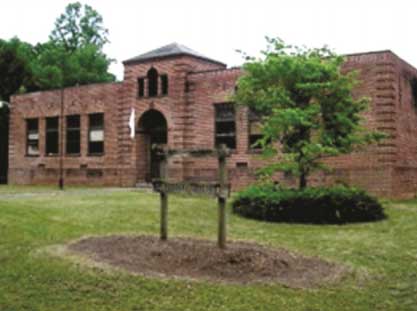
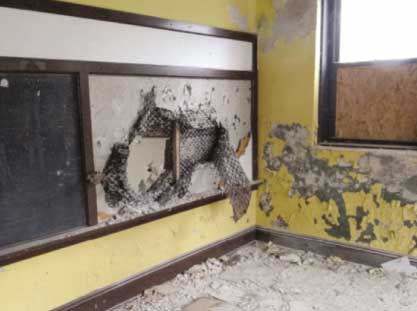
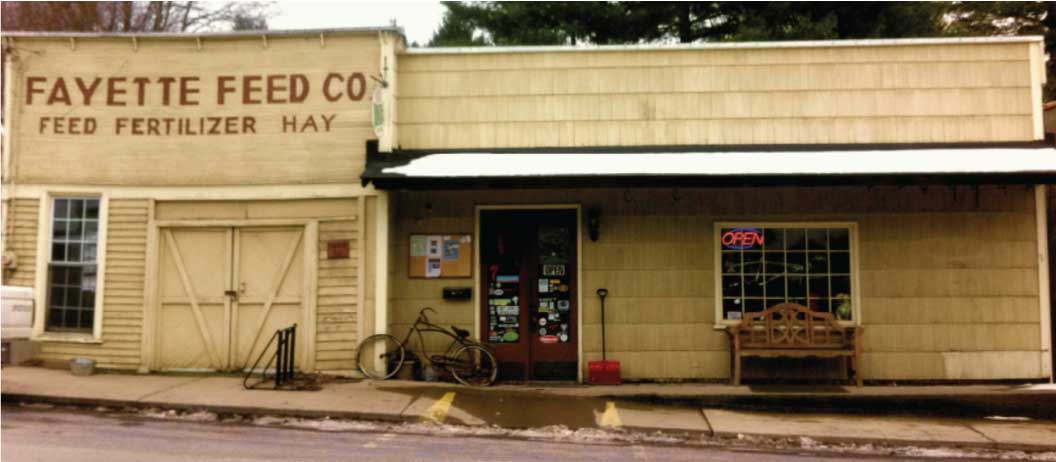
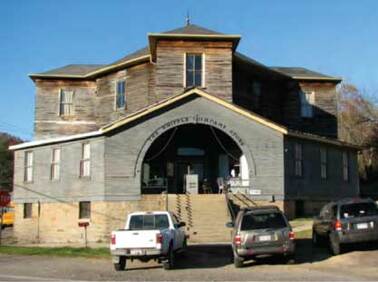
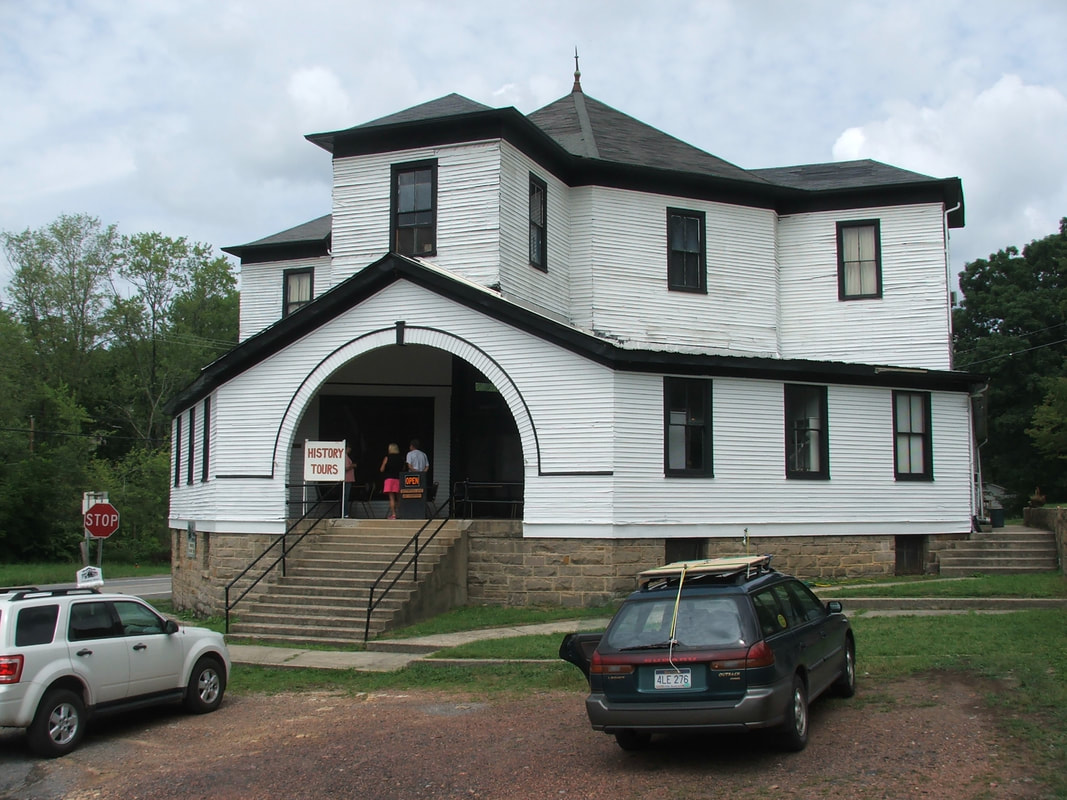
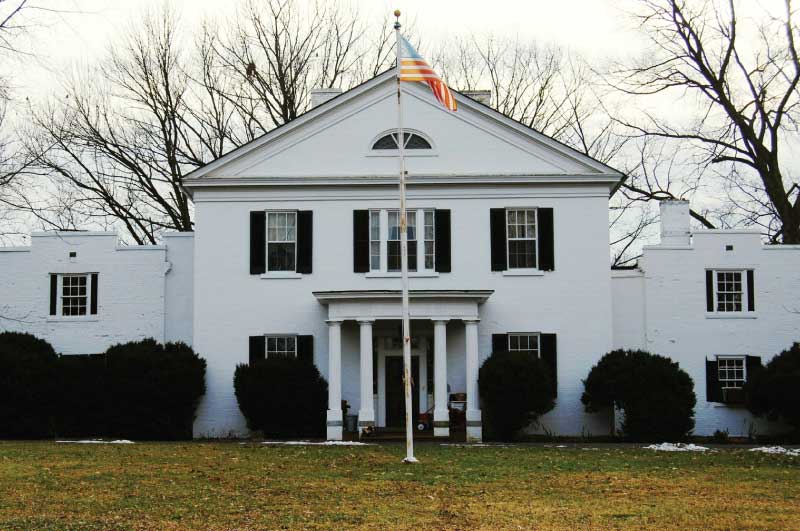
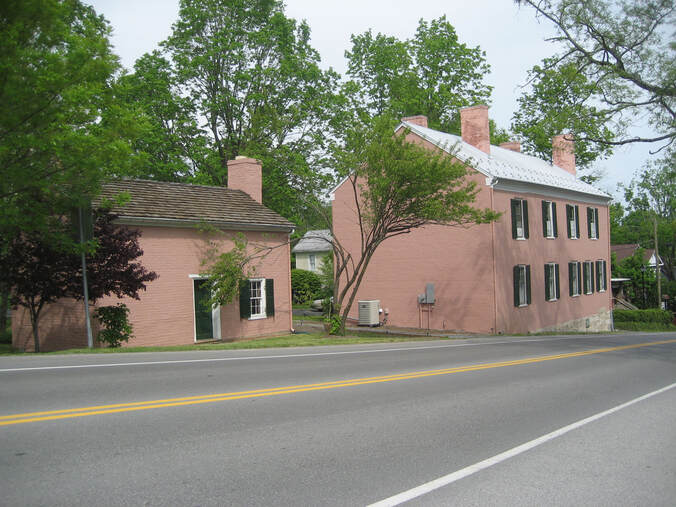
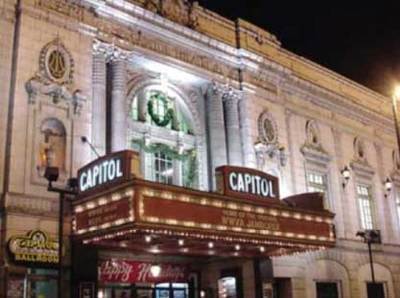
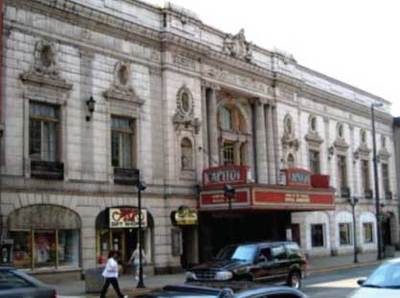
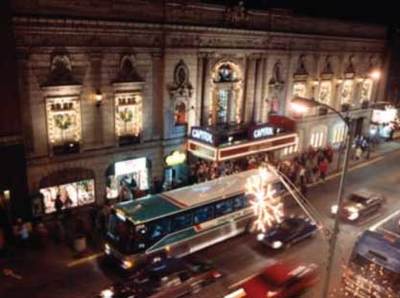
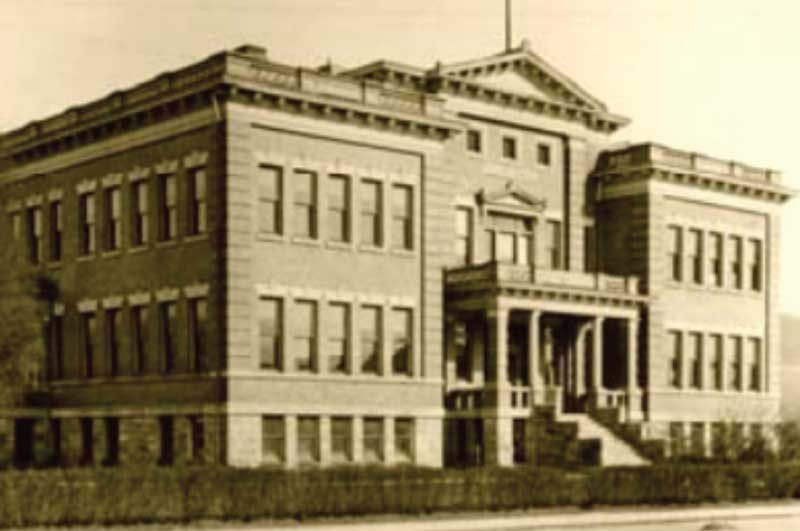
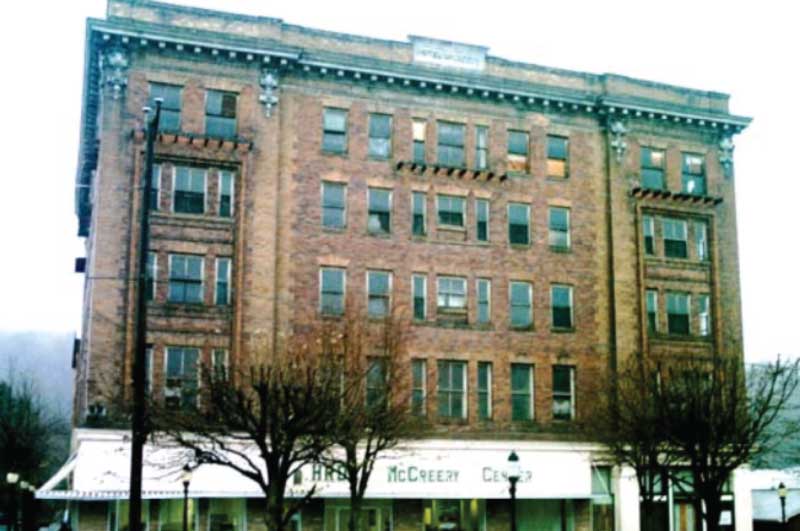
 RSS Feed
RSS Feed



